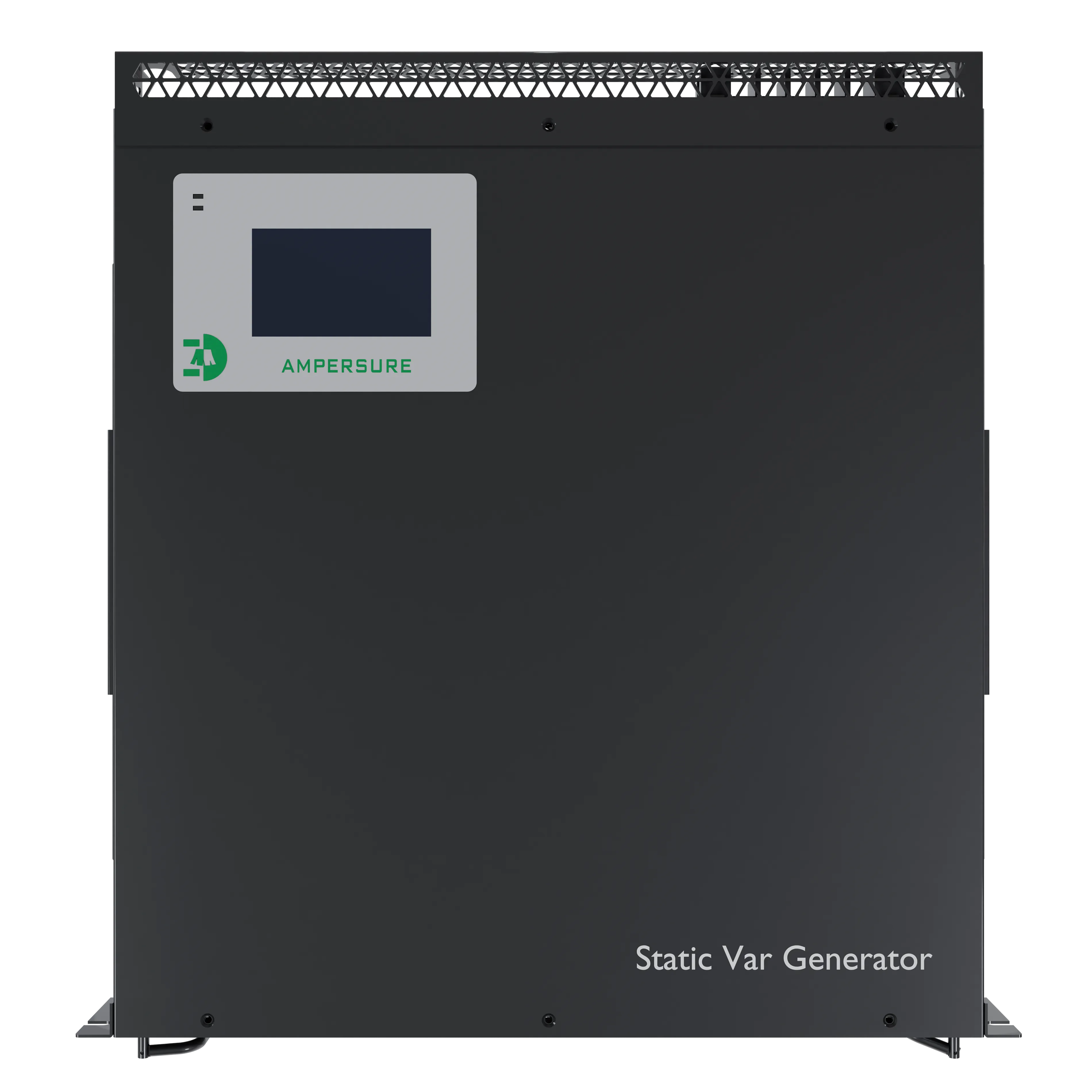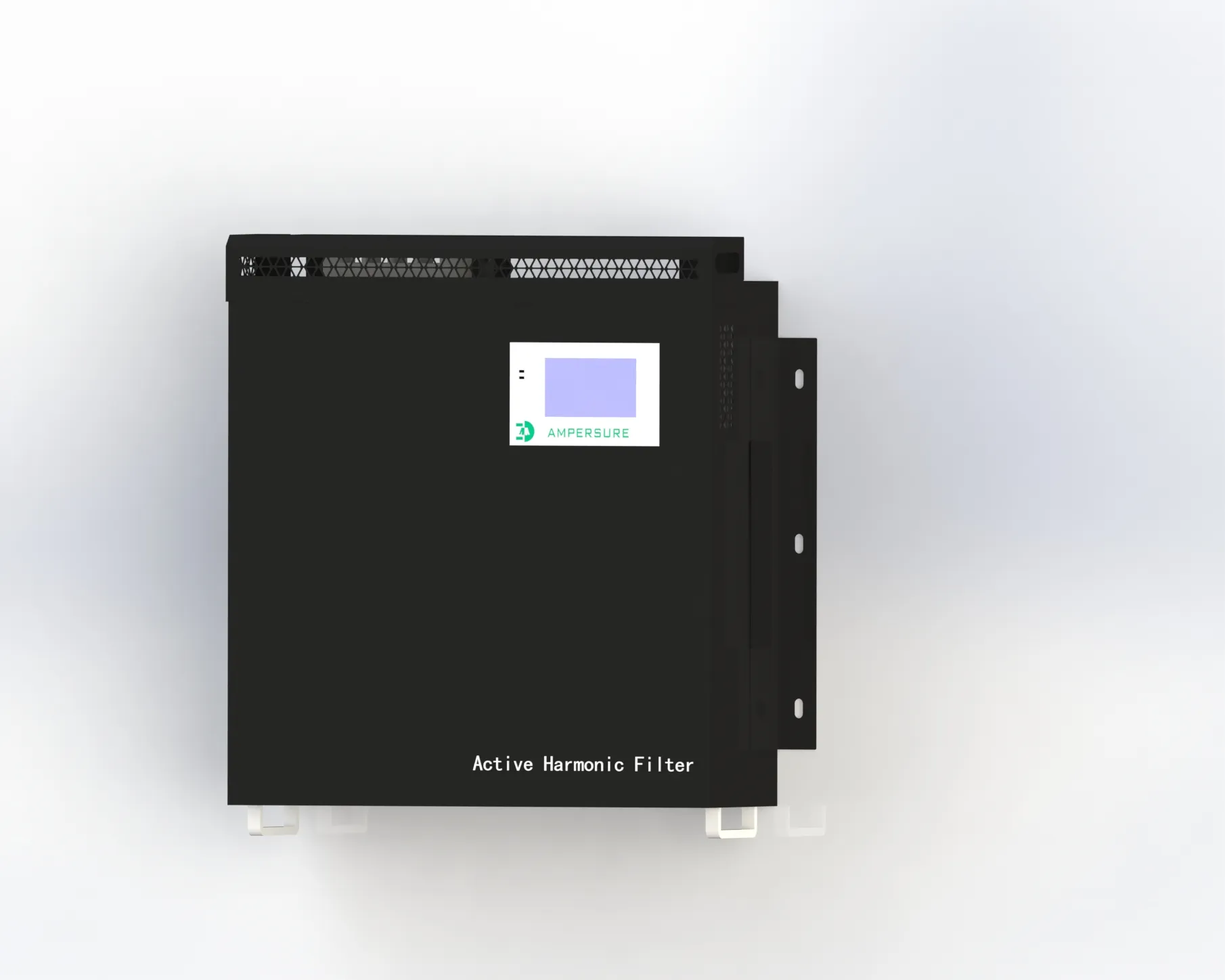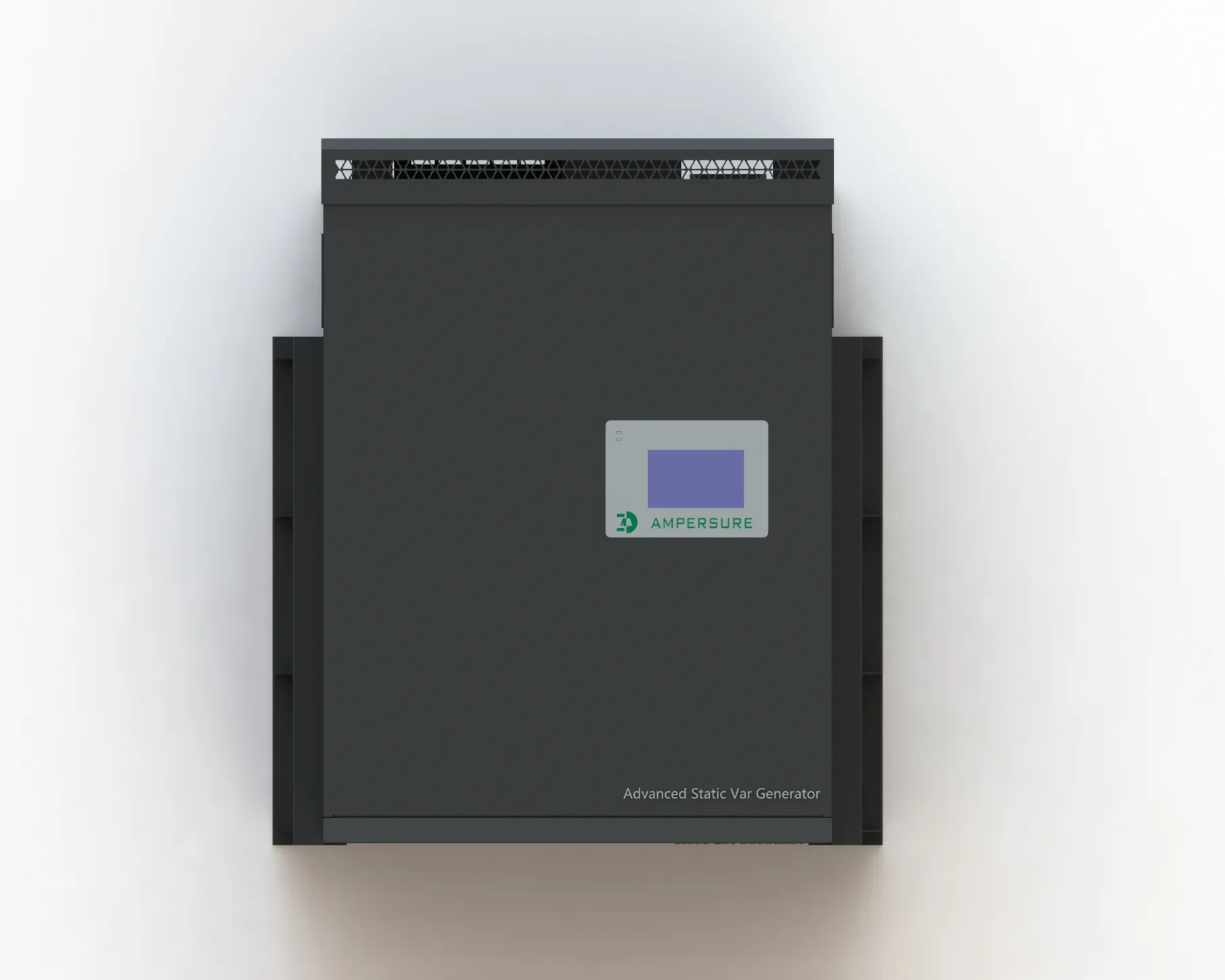Home /

Sinotech Group provides comprehensive insights into the differences between active harmonic filters (AHFs) and passive filters, assisting clients in making informed decisions for their power systems. Passive filters, composed of fixed capacitors, inductors, and resistors, operate by creating a low-impedance path for harmonic currents, diverting them from the main power system. They are typically cost-effective and simple to install, making them suitable for applications with stable harmonic profiles, such as linear loads in medium and low voltage distribution systems. However, passive filters have limited adaptability to changing load conditions and may resonate with the power system, potentially exacerbating harmonic issues. In contrast, Sinotech’s AHFs utilize advanced power electronics, such as IGBT-based inverters, and digital control systems to dynamically generate compensating currents that cancel out harmonic distortions. AHFs offer real-time adjustment capabilities, making them ideal for dynamic environments with nonlinear loads like variable frequency drives and renewable energy sources. Unlike passive filters, AHFs can target specific harmonic orders and adapt to fluctuating load conditions, ensuring consistent power quality. Sinotech’s AHFs also feature higher precision in harmonic cancellation and do not suffer from resonance risks, making them suitable for complex power systems, including high-voltage transmission and transformation projects. While passive filters may have lower upfront costs, AHFs provide long-term advantages in reliability and performance, especially in industries requiring high power quality, such as data centers and manufacturing facilities. Sinotech’s technical experts assist clients in evaluating application requirements, such as load variability, harmonic frequency range, and budget, to determine whether an active or passive filter is more suitable. The group’s partnerships with leading manufacturers enable it to offer both filter types, ensuring clients receive optimal solutions tailored to their specific power engineering needs.


